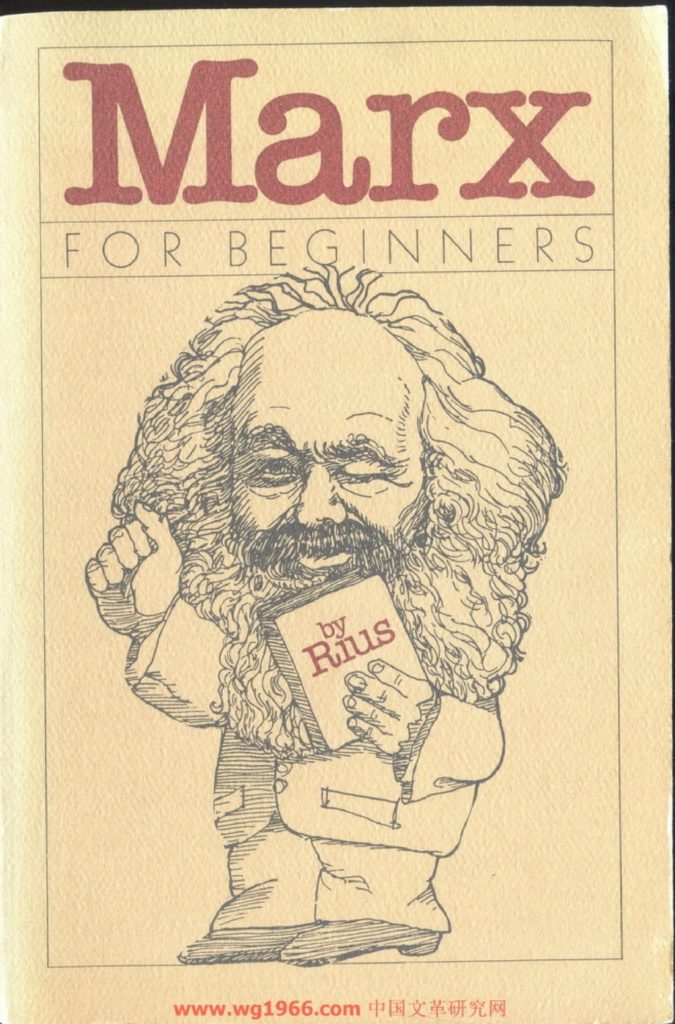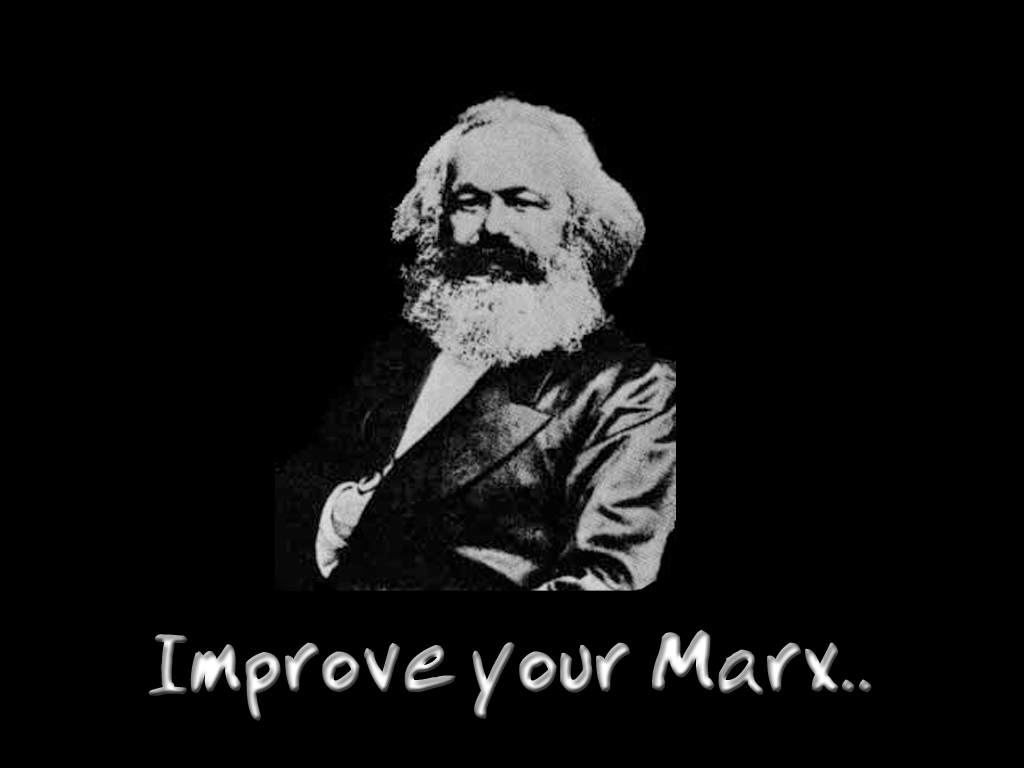Without revolutionary theory there can be no revolutionary movement
– Lenin ‘What Is To Be Done?’
There are plenty of people who rightly seek change in our society. A sound understanding of Marxism is what set us apart from other political groups and organisations. Using this theory we can understand the dynamics at play in society and how best to achieve sustainable changes. As a theory, it relies on a method of socioeconomic analysis that views class relations and social conflict using a materialist interpretation of historical development and takes a dialectical view of social transformation. Marxism uses a methodology, known as historical materialism, to analyse and critique the development of class society and especially of capitalism as well as the role of class struggles in systemic economic, social, and political change.
Because we know not everyone can always come to our schools or classes we have some visual and audio resources here that you can access in your own time and place.
For beginners here is Ruiz’s ‘Marx For Beginners’. A bit dated now but it is a fun read and the fundamental theory is as good as ever. Found here at archives.org

If you don’t have the time to sit down and read Marx’s classic ‘Capital’ you will do well to listen to David Harvey’s reading and discussion of it below. Definitely worth a listen! And you can do that on the go. But do have a read or the original Marx if you get the chance. You can get a copy of Volume 1 here and Volume 2 here and Volume 3 here
Capital Volume 1
Capital Volume 2 and parts of Volume 3
A good place to start is The Communist Manifesto. And here is an audio version of it:
This four part course by Dr Richard Wolff below provides a working foundation in the core concepts of Marxian economic theory — necessary and surplus labor, labor power, surplus value, exploitation, capital accumulation, distributions of the surplus, capitalist crises, and the differences between capitalist and other class structures. In addition, these core concepts will be systematically used to understand current social problems (including political and cultural as well as economic problems). The goal is to enable students to apply Marxian economics in their own efforts to analyze society and to strategize politically today.
